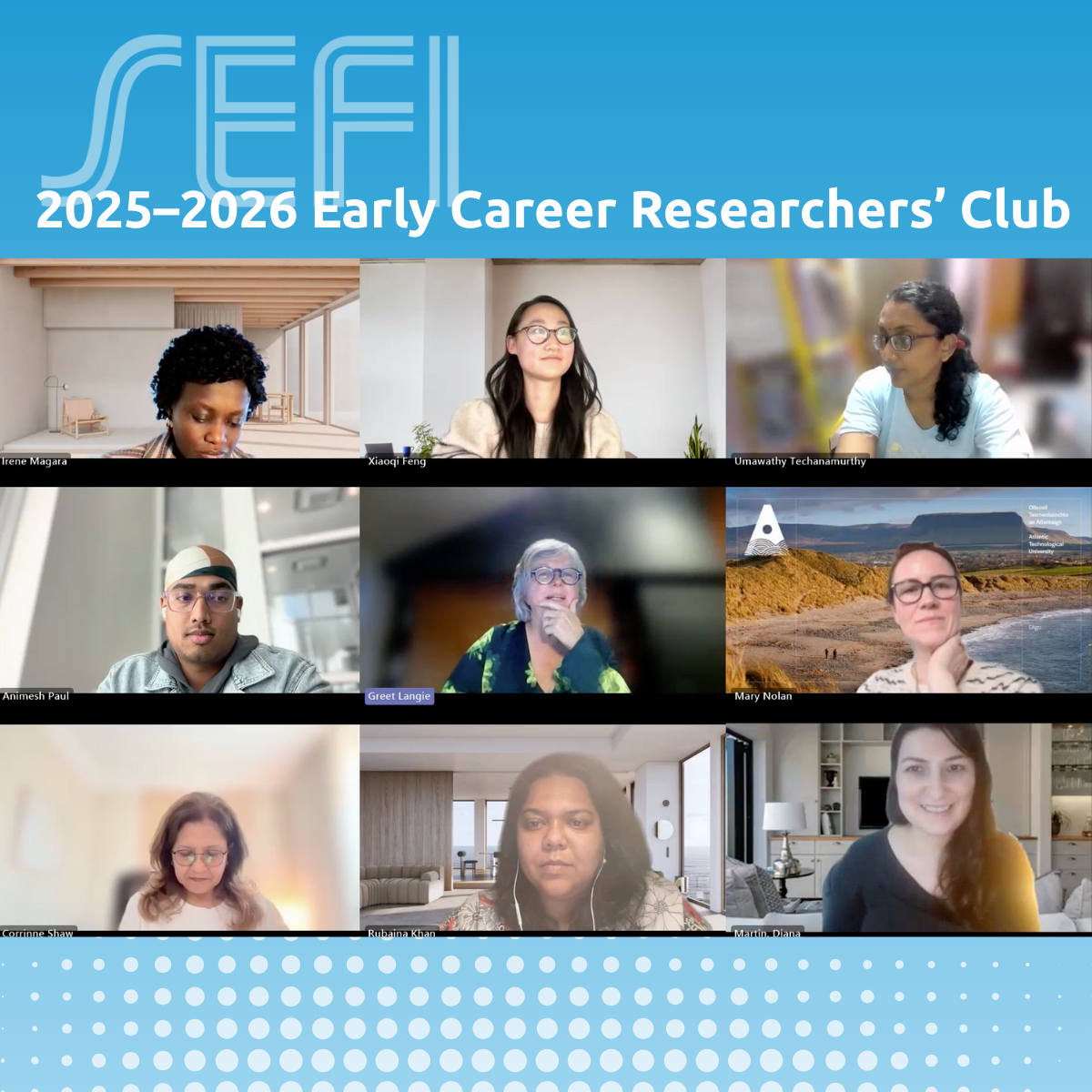The SEFI Early Career Researchers’ Club is a 9-month initiative designed to support and connect…

University of Queensland

University of Western Australia
Cases in Engineering Ethics Education are often very complex and distant in nature, and it can be hard for students to take away clear skills or knowledge they can use in a real workplace. We interviewed engineering graduates and students who were completing internships, about their experiences with ethics in practice. Learning resources were developed, including a serious game and videos, based on scenarios described by the novice engineers. Because the interviewees were from the same university as the first year students, the case studies allowed students to see how they may encounter complex ethical issues early during their careers, and also demonstrated to the students the direct relevance of ethics.
Case studies are often used in engineering education as a way to help students to learn about ethics in engineering practice (Hess & Fore, 2018). However, quite often these case studies take the form of large scale engineering disasters or failures (such as the Challenger space shuttle disaster) (Colby & Sullivan, 2008). While this can help students to understand the severity of problems which can occur in practice, these examples are often very complex in nature, and it can be hard for students to take away clear skills or knowledge they can use in a real workplace.
Final year engineering student, Stephanie Lowenhoff, collaborated with us to investigate teaching and learning of ethics (Valentine, Lowenhoff, Marinelli, Male, & Hassan, 2020). She interviewed engineering graduates and students who were completing internships, about their experiences with ethics in practice. Learning resources were developed, including a serious game and videos, based on scenarios described by the novice engineers. First year engineering students at The University of Western Australia learned about ethics in engineering practice actively using the learning resources with scaffolding.
Because the interviewees were from the same university as the first year students, the case studies allowed students to see how they may encounter complex ethical issues early during their careers, and also demonstrated to the students the direct relevance of ethics. Students reported enhanced understanding of the prevalence of ethical issues, and the variety and complexity of ethical dilemmas within engineering practice generally. They also reported enhanced understanding of ethics within the role of an engineer, especially through decision-making and reflection on consequences of actions. Especially for first year students, it is valuable to include directly relevant case studies among those on which learning resources are based.


